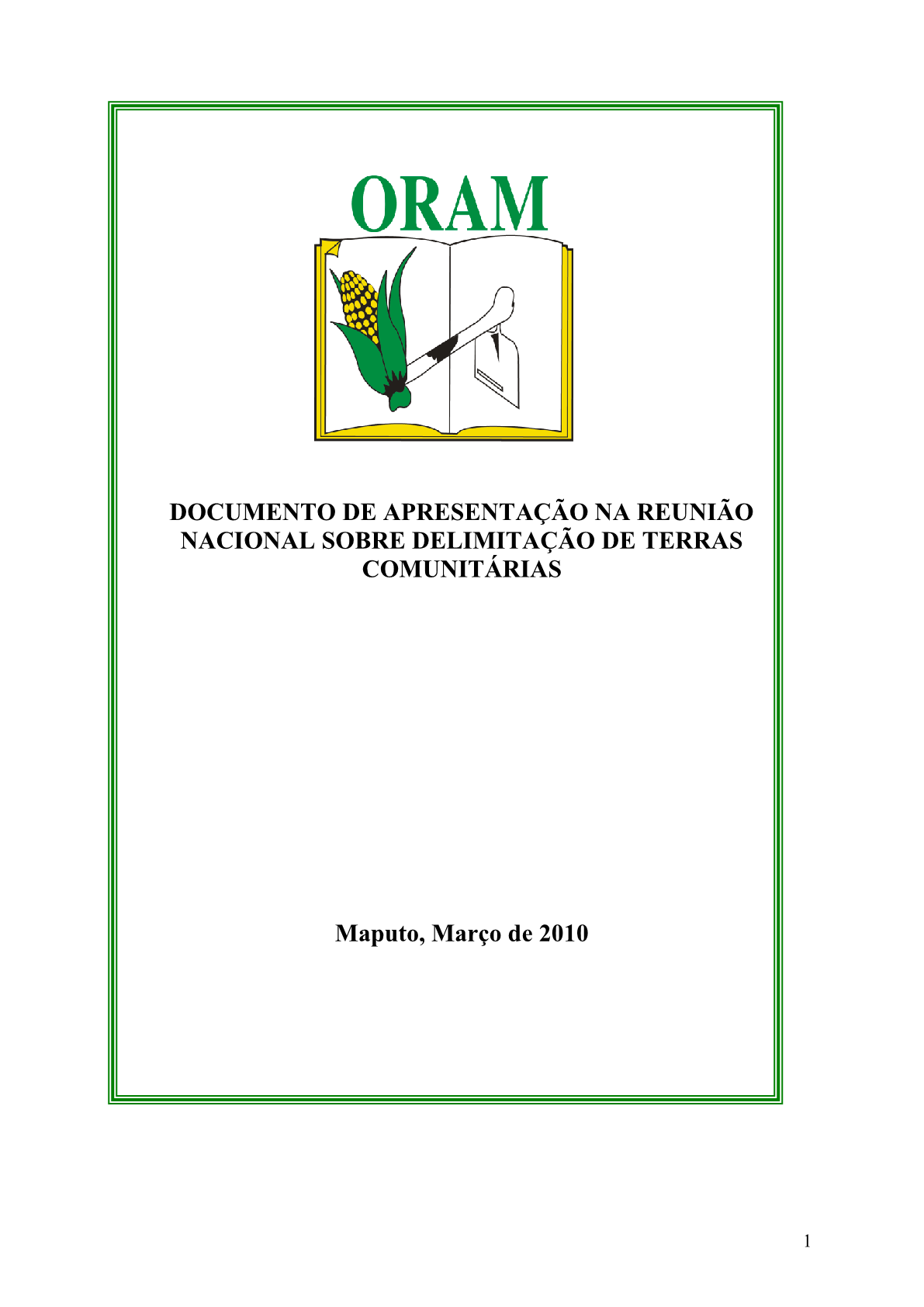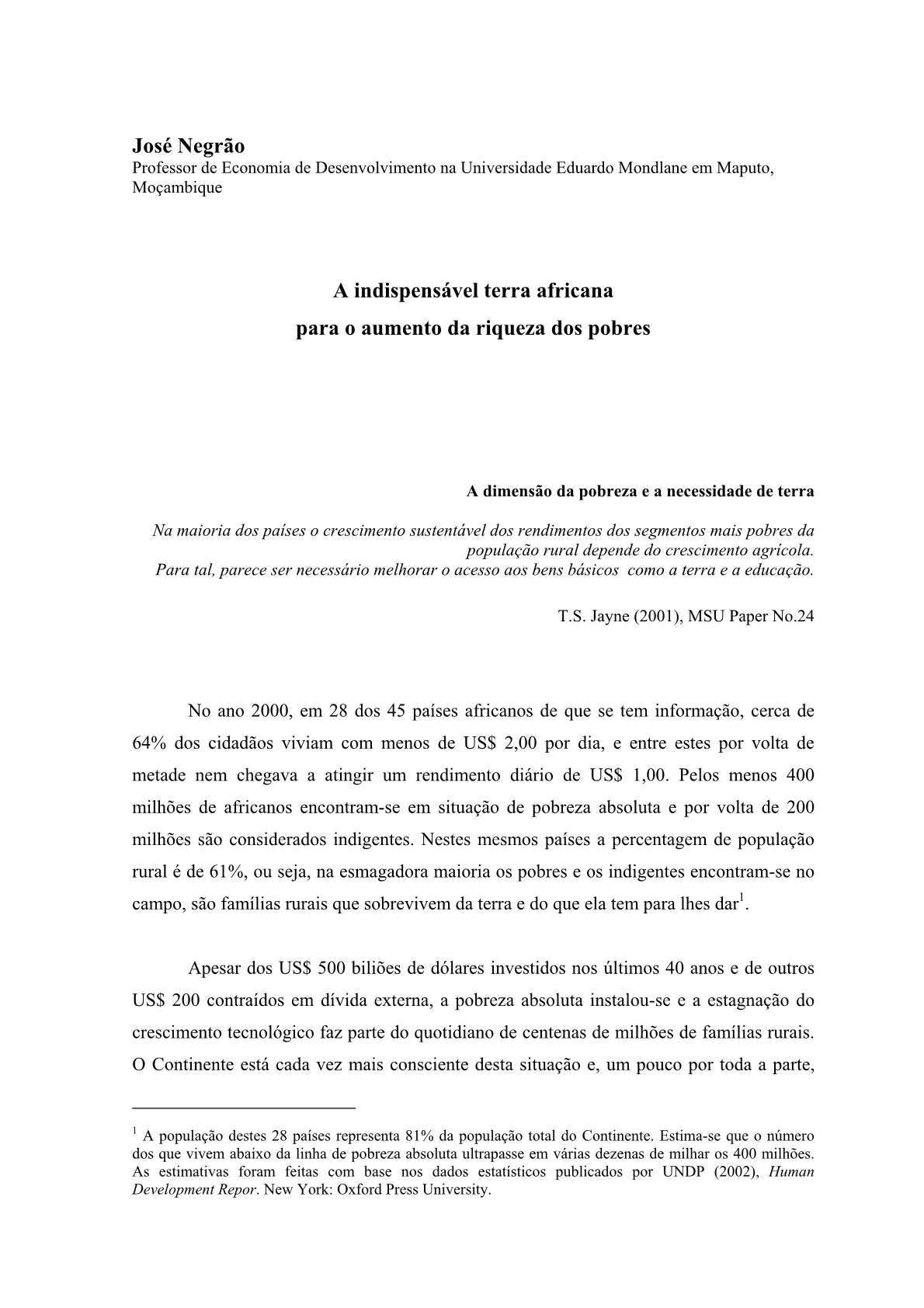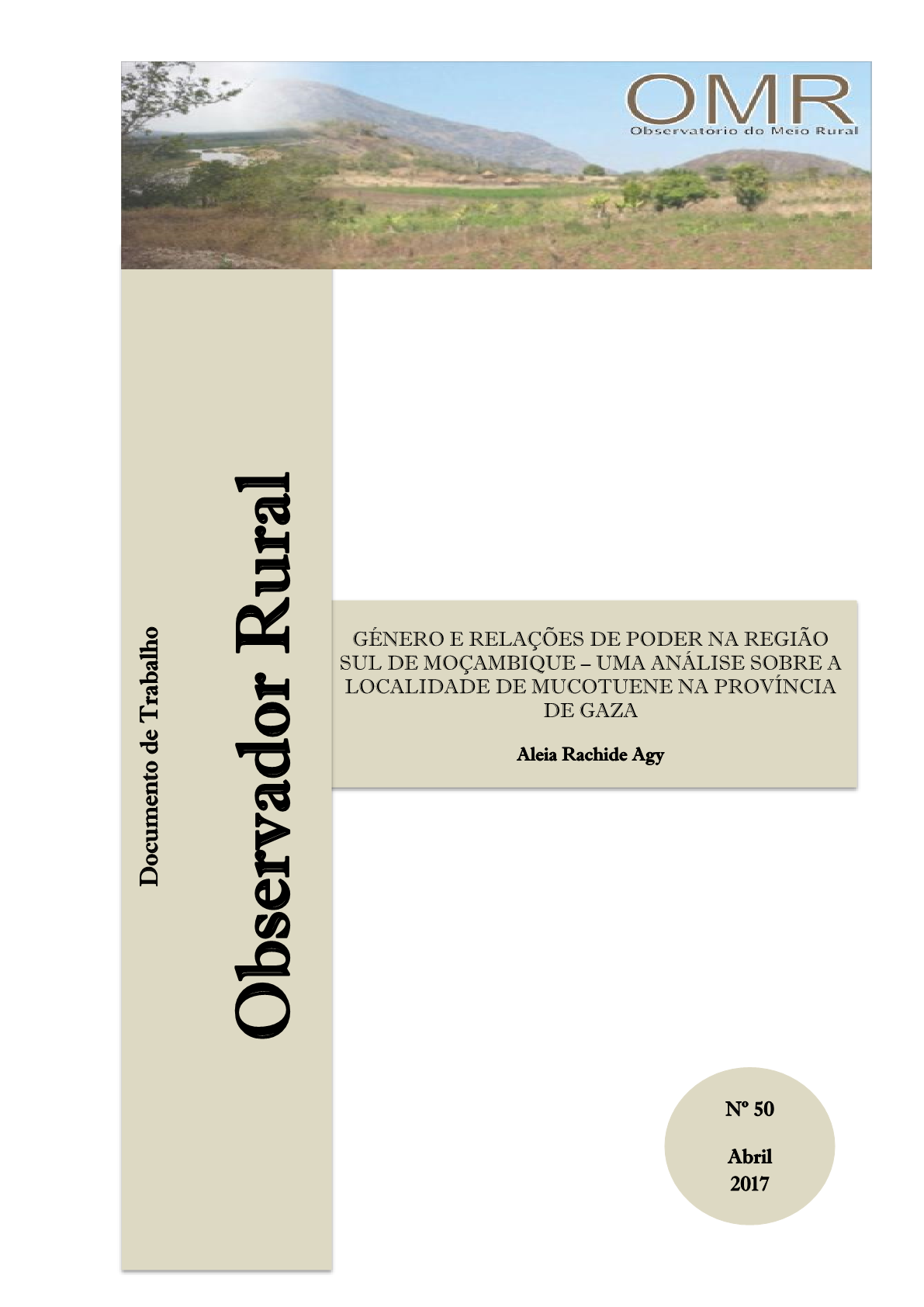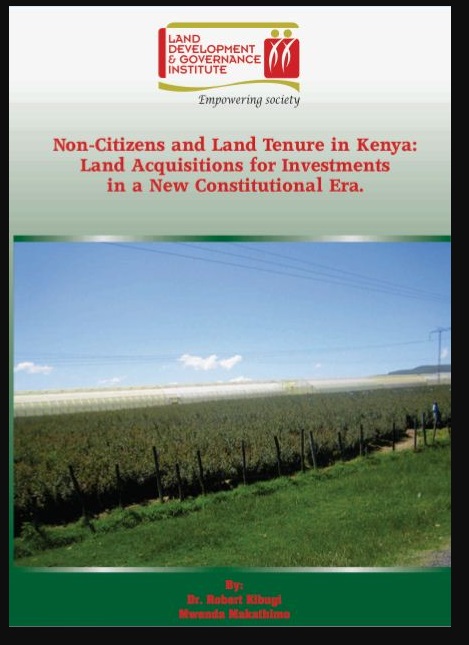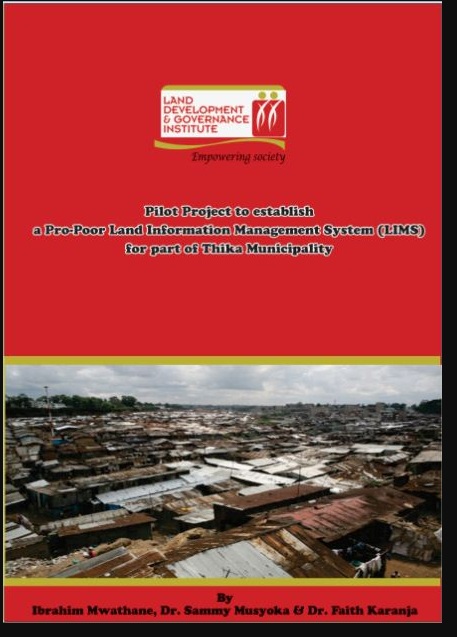Land Saturation in SE Niger: Triangulating Qualitative and Quantitative Information for Critical Assessment of Land Use Trajectories
The paper analyzes land use changes, notably cropland expansion, in SE-Niger from the mid-1980s to 2011. It scrutinizes land use trajectories and investigates how cultivation shifts between dune landscapes and valleys (bas-fonds) in response to climate, population pressure, and sociocultural opportunities, combining lenses rooted in land change science and the notions of double exposure and human-environmental timelines. Specifically, the interest is directed towards exploring the value of different methods of land use data harvesting.



